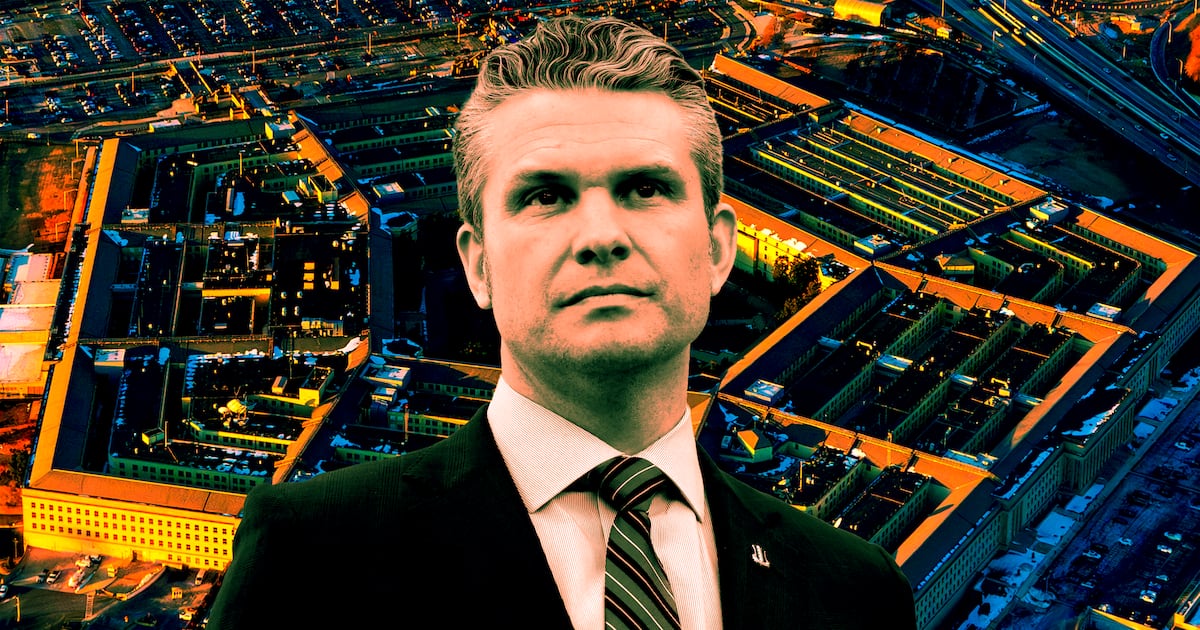The woman in the audience could not stop laughing, and when she finally did someone else started off. Curls of laughter, eruptions of giggles rippled throughout the theater. Mike Birbiglia gestured futilely, mock-furiously at the scattered transgressors, and told them off. Had they no respect? The woman’s laughter became little clotted gasps. She started laughing again, and suddenly everyone was.
Birbiglia had been not-really-trying, not-really-fruitlessly, to see if the Vivian Beaumont Theater could fall silent in memory of a man who died. It was a deliberately self-sabotaged task. This was the joke. And, looking around the theater at that moment was illuminating in another respect. One could see how we laughed. One could see the craft and effect of a joke, the mechanics of how humor works. It was both yet another masterfully executed Birbiglia comic-set-piece, and also a snapshot of humor as a collective experience in real time.
Birbiglia’s last stage show, The New One, received the Drama Desk and Outer Critics Circle awards for Best Solo Performance, and became a Netflix special. Like that wonderful show, The Old Man & the Pool (to Jan. 15, 2023) is directed by Seth Barrish, and cleverly marries an epically large Broadway stage with the nuances of a storyteller who connects intimately with the audience. This is very consciously theater, not stand-up, but just as amiable and meandering as Birbiglia’s fans would wish.

The shows are linked by contrast: one was about new life, and—as the title suggests—the new show is about mortality and relentlessly insistent, creeping decrepitude. Behind Birbiglia, decked out in unassuming trendy dad casual wear, is the stage’s only adornment, designed by Beowulf Boritt—a kind of folded page, or skate ramp, on which are projected, variously, words, a medical graph, and the mottled tiles of a swimming pool.
Birbiglia says he is no stranger to death’s tendrils; he is a survivor of bladder cancer and—as this play opens—discovers he has Type II diabetes. His doctor thinks he may be having a heart attack in his consulting room his breathing is so pathetic. What does pre-existing condition actually mean, Birbiglia rightly says. “Condition” is fine.
He thinks about how old he was when his father died (young, at 56), and ponders, if he dies at the same age (he is now 44), his own daughter will be 19 if history repeats itself. His brother thinks he should make a will, but that just gets Birbiglia thinking that, when news like this breaks, people start circling for the spoils. He says he doesn’t just find pizza delicious, but the very construction of the word. Even words like it, like “plaza,” have him thinking of those magical slices.

We are all charmed, beguiled. He says he does not have a swimmer’s body, but a drowner’s body. The Brooklyn YMCA is less a building than a smell, he conveys in one barnstorming riff. Birbiglia finds humor in everything around him—and tells it so smoothly he makes it look effortless. This ease on stage is a good camouflage of an ingenious comic technician. This is not the lackadaisical piece of theater it seems, but tightly constructed and wittily performed.
What about exercise? Well, this gets him to remember being a school-age wrestler, where there was no hiding from the action as there could be in team sports. However, he reveals, he also found other reluctant wrestlers like himself, the two of them circling each happy to forgo a win. Then there was swimming–and recalling the valley of adult male penises he recalls from the changing room as a little boy. As an adult, he brings the entire pool to a standstill when he ventures a terrible joke with his swimming instructor.
Birbiglia is a master of comic excruciation, delivered with utmost geniality. When audience members turn up late, he delivers gentle admonishment and a précis of what they have missed. He occasionally sits on his only prop, an upright stool. He throws himself energetically at the curving background at one point. The one very visible problem with the show is that Birbiglia is very handsome, and has a more-than-good body. But the specter of illness and mortality has been present for him for so long, Birbiglia eventually elects to do what he can to live healthily.
His love for his daughter, the toughest of crowds for her comedian dad, is also the non-joke core of the show, as Birbiglia lies down on stage to convey reading her bedtime stories. Yes, the doctors have scared him rightly into the regular swims and improved diet—but his wife’s glare sounds like its own scary-sounding corrective. Somehow, Birbiglia makes the business of death, the business of illness, the business of staying alive, the funniest thing.
For more, listen to Mike Birbiglia on The Last Laugh podcast.








